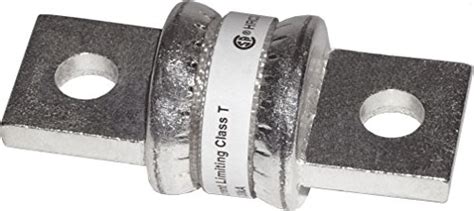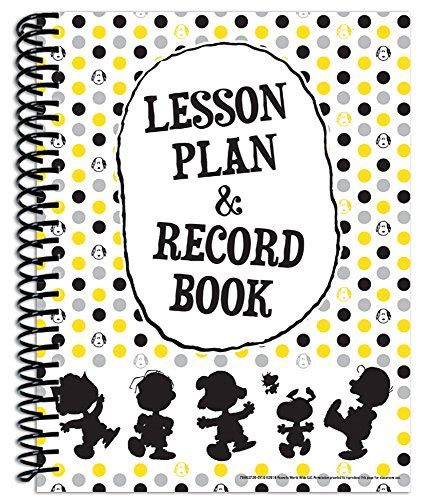Many people are questioning the value of a college education after a decade of sluggish economic development and rising college tuition rates. Undergraduates are increasingly under pressure to choose majors that would take them as quickly as possible to well-paying jobs, prompting parents and policymakers to push students away from the humanities and toward vocational, business, and STEM (science, technology, engineering, and math) professions. Philosophy, art, music, languages, and literature, which were formerly regarded as the heart and soul of education, have been branded “impractical” at best and “worthless” and a “waste of time” at worst.
Here are some ways that a liberal arts education might help you flourish in today’s business world.
Liberal Arts Education’s Advantages
Although math and science are included in the liberal arts, majors in the humanities are often the most reviled, whereas math and science are frequently commended for their marketability. As a result, we’ll concentrate on the humanities. With that in mind, consider the following advantages of earning a liberal arts degree.

You Can Do Anything
A liberal arts degree, rather than making you unemployed, equips you to take on almost any task. An English major, for example, can excel in sales, while an anthropology major can excel in the burgeoning field of user research. A classics major might end up in management consulting, while a philosophy major might end up in high-risk investing.
A liberal arts degree opens up a plethora of professional opportunities. They include, among other things, journalism, public relations, law, politics, publishing, fundraising, marketing, and real estate.

You Have the Skills Employers Want
According to the National Association of Colleges and Employers’ 2016 Job Outlook study, hiring professionals are increasingly prioritizing skills earned in liberal arts universities.
To separate them from “hard skills,” which relate to the technical and occupational skills required to do a certain profession, these highly sought-after skills are often referred to as “soft skills.” Soft skills were ranked higher than hard skills by 57 percent of the 2,000 company leaders surveyed by LinkedIn in 2018. They reason that while technical abilities can always be learned on the job, soft skills are the most crucial components of being a teammate and leader and can be transferred to any profession or career path.
Here are a few ways a broad liberal arts education can help develop the kinds of skills employers want.
- People Skills
- Communication Skills
- Analytical Skills
- Creativity & Innovation
- Critical Thinking
You Can’t Be Replaced by a Robot
Many people link the urge to focus on STEM to the neglect of the humanities to fear of robots taking over. That concern isn’t unjustified; the World Economic Forum (WEF) predicts that by 2025, 50% of all occupations in the United States will be automated. And blue-collar occupations aren’t the only ones at risk; if a position can be automated, it will most likely be in the next several decades. Robots are already picking stocks, conducting legal research, and even composing articles.

You’re Able to Stay Ahead of the Curve
Numerous studies suggest that the world of work is changing at a greater rate than ever before. With the rapid development of new technology and economic uncertainty, many people are turning to what appear to be safe bets out of fear of the future. A focus on vocational training and other direct education-to-career pathways is one example. While there may be an immediate benefit and an immediately obvious ROI in such decisions, in these unpredictable times, taking a longer-term view may be even more helpful.

Your Earning Potential Isn’t as Bleak as You Think
Starting salaries for liberal arts graduates are, on average, lower than those for pre-professional degrees such as nursing or accounting, according to research. However, this is only true for starting salaries. PayScale data demonstrates that many liberal arts majors earn well in their mid-career years, closing the gap with other majors. The Hamilton Project at the Brookings Institution looked at the lifetime earnings of each major and discovered that computer science majors made a comfortable $3.2 million, but history majors made $3.75 million, and philosophy majors made $3.76 million.
Final Word
In a world of uncertain economic conditions and a rapidly changing technological landscape, 21st-century students may be best served by pursuing an education in STEM and the humanities, or what has been dubbed “STEAM” for science, technology, engineering, arts, and mathematics.
However, whether or not they take on a major with a defined career trajectory, students in all fields can benefit from taking as many liberal arts classes as possible. Adding a broad range of courses to your curriculum can help give you a competitive advantage.
 Doggie Stylz Set Of 2 Reflective Therapy Dog In Training Removable Patches Wit
Doggie Stylz Set Of 2 Reflective Therapy Dog In Training Removable Patches Wit
 6 Pcs Service Dog In Trainingworkingstress Amp Anxiety Response Embroidere
6 Pcs Service Dog In Trainingworkingstress Amp Anxiety Response Embroidere
 Service Dog In Training Patch With Hook Back And Reflective Lettering For Servic
Service Dog In Training Patch With Hook Back And Reflective Lettering For Servic
 Four Paws Wee Wee Pee Pads For Dogs And Puppies Training L Gigantic Xl St
Four Paws Wee Wee Pee Pads For Dogs And Puppies Training L Gigantic Xl St
 Pny 128gb Elite X Class 10 U3 V30 Microsdxc Flash Memory Card 100mbs
Pny 128gb Elite X Class 10 U3 V30 Microsdxc Flash Memory Card 100mbs
 Academy Of Beasts V Shifter Romance
Academy Of Beasts V Shifter Romance
 Beast Academy 5a Practice
Beast Academy 5a Practice
 32gb Class 10 Sdhc Flash Memory Card Standard Full Size Sd Card Ush I U
32gb Class 10 Sdhc Flash Memory Card Standard Full Size Sd Card Ush I U
 Go Power F 200 Class T 200 Amp Slow Blow Fuse Silver
Go Power F 200 Class T 200 Amp Slow Blow Fuse Silver
 Blue Sea Systems 5116 Fuse A3tclass T 200a
Blue Sea Systems 5116 Fuse A3tclass T 200a
 Eureka Peanuts Classic Characters Deco Kit 840227
Eureka Peanuts Classic Characters Deco Kit 840227
 Eureka Peanuts Geometric Back To School Classroom Supplies Record And Less
Eureka Peanuts Geometric Back To School Classroom Supplies Record And Less













![DevOps Engineer Salary in the US in 2021 [For Fresher’s & Experienced] DevOps Engineer Salary in the US in 2021 [For Fresher’s & Experienced]](https://www.courses-for-you.com/images/uploads/thumbs/11-38.jpeg)
![Flutter & Dart - The Complete Guide [2022 Edition]](https://img-c.udemycdn.com/course/100x100/1708340_7108_5.jpg)










